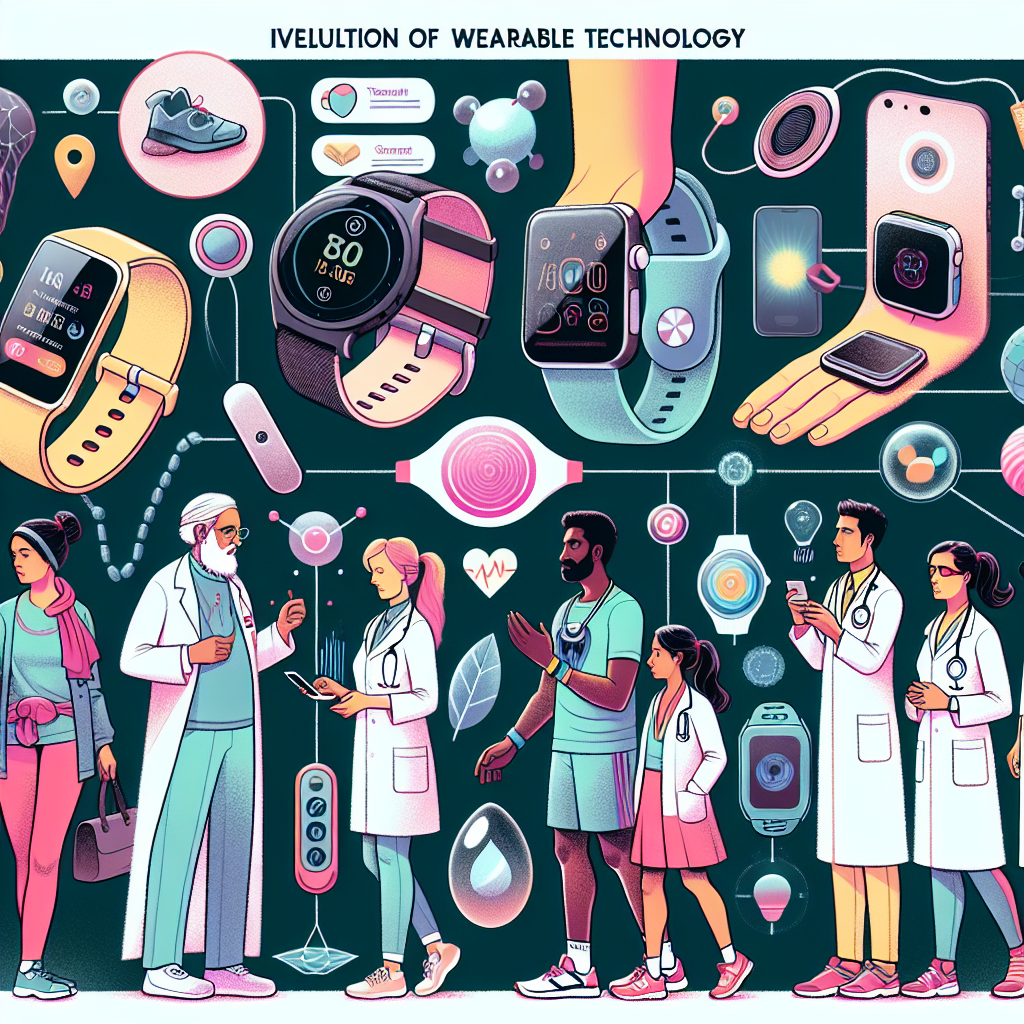Leaders from countries around the world gathered in Glasgow for the COP26 climate summit to discuss and negotiate potential solutions to combat the worsening effects of climate change. The event, hosted by the United Nations, aimed to address the urgent need for climate action and to secure global commitments to reduce carbon emissions and limit global warming.
The urgency of the climate crisis was echoed by speakers and attendees throughout the two-week conference. The latest reports from the Intergovernmental Panel on Climate Change (IPCC) have pointed to the need for immediate and drastic action to prevent the most catastrophic effects of climate change, such as extreme weather events, rising sea levels, and loss of biodiversity.
Key topics of discussion at COP26 included emissions reduction targets, financial support for transitioning to renewable energy sources, and adaptation strategies for vulnerable communities. Leaders also debated the role of carbon markets and the importance of transparency and accountability in tracking countries’ progress toward their climate commitments.
One of the highlights of the summit was the unveiling of a global methane pledge, with over 100 countries committing to reduce methane emissions by 30% by 2030. Methane is a potent greenhouse gas that has a significant impact on global warming, and reducing its emissions can have a rapid and significant effect on slowing down the pace of climate change.
Another key outcome of COP26 was the Glasgow Climate Pact, which includes a commitment to limit global temperature rise to 1.5 degrees Celsius above pre-industrial levels. While some critics argue that the pledges made at the summit fall short of the drastic action needed to meet this target, others see it as a step in the right direction and a signal of global unity in the fight against climate change.
The discussions at COP26 highlighted the importance of international cooperation and collaboration in addressing the climate crisis. As the impacts of climate change become more severe and widespread, it is clear that no single country can tackle this issue alone. It will require a collective effort from all nations to achieve a sustainable and resilient future for our planet.
In the wake of COP26, it is clear that the momentum for climate action is growing, but there is still much work to be done. As global leaders return to their respective countries, it is crucial that they follow through on their commitments and work towards implementing concrete measures to reduce carbon emissions and transition to a more sustainable and equitable future. Only through continued collaboration and determination can we hope to mitigate the worst effects of climate change and secure a livable planet for future generations.














Leave feedback about this
You must be logged in to post a comment.